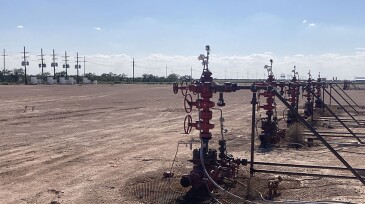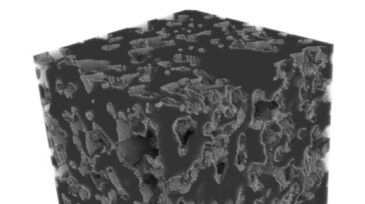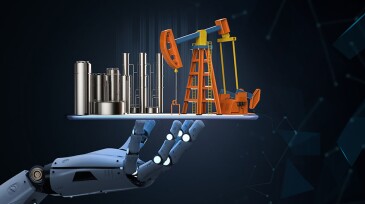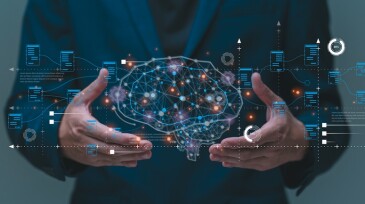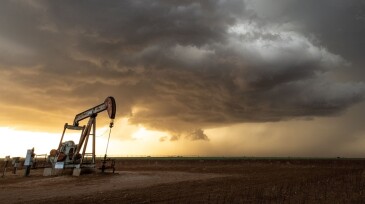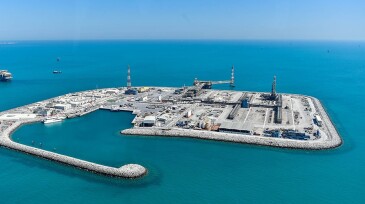AI/machine learning
This paper introduces an agentic artificial-intelligence framework designed for offshore production surveillance and intervention.
In the past year, publications on CO2, natural gas, and hydrogen storage have increasingly focused on the design, evaluation, and optimization of storage plans. These efforts encompass a broad spectrum of challenges and innovations, including the expansion of storage reservoirs from depleted gas fields and saline aquifers to stratified carbonate formations and heavy-o…
Reaching further than dashboards and data lakes, the agentic oil field envisions artificial intelligence systems that reason, act, and optimize.
-
New and evolving artificial lift technology is helping operators improve production rates.
-
Collaboration and technology will help the industry meet its toughest challenges, experts said during the opening session at ATCE.
-
Accuracy, complexity, costs, and skills availability may make it difficult to get the most out of digital twins and even potentially misrepresent or miss actual changes in the status of systems or facilities.
-
The new contract extends a decadelong relationship and expands the use of AI and digital twins.
-
This paper presents a novel modeling framework for predicting residual oil saturation in carbonate rocks. The proposed framework uses supervised machine learning models trained on data generated by pore-scale simulations and aims to supplement conventional coreflooding tests or serve as a tool for rapid residual oil saturation evaluation of a reservoir.
-
You’ve heard of generative artificial intelligence, and odds are you’ve used it. But do you know how it works?
-
The firm’s latest report, Leading a Data-Driven Transition, presents the results of its annual survey of nearly 1,300 senior professionals and divides the respondents into two groups, which it calls “digital leaders” and “digital laggards.”
-
The industry is balancing brains and bots as it squeezes out barrels of oil production.
-
Energy efficiency is crucial for the oil and gas industry, where operational costs and environmental impact are under constant scrutiny. Predicting and managing electrical consumption and peak demand accurately, especially with the variability of weather conditions, is a significant challenge. This work presents a neural network model trained on historical weather and…
-
The company says the field has achieved a 25% production capacity increase through the user of advanced digital technology.




